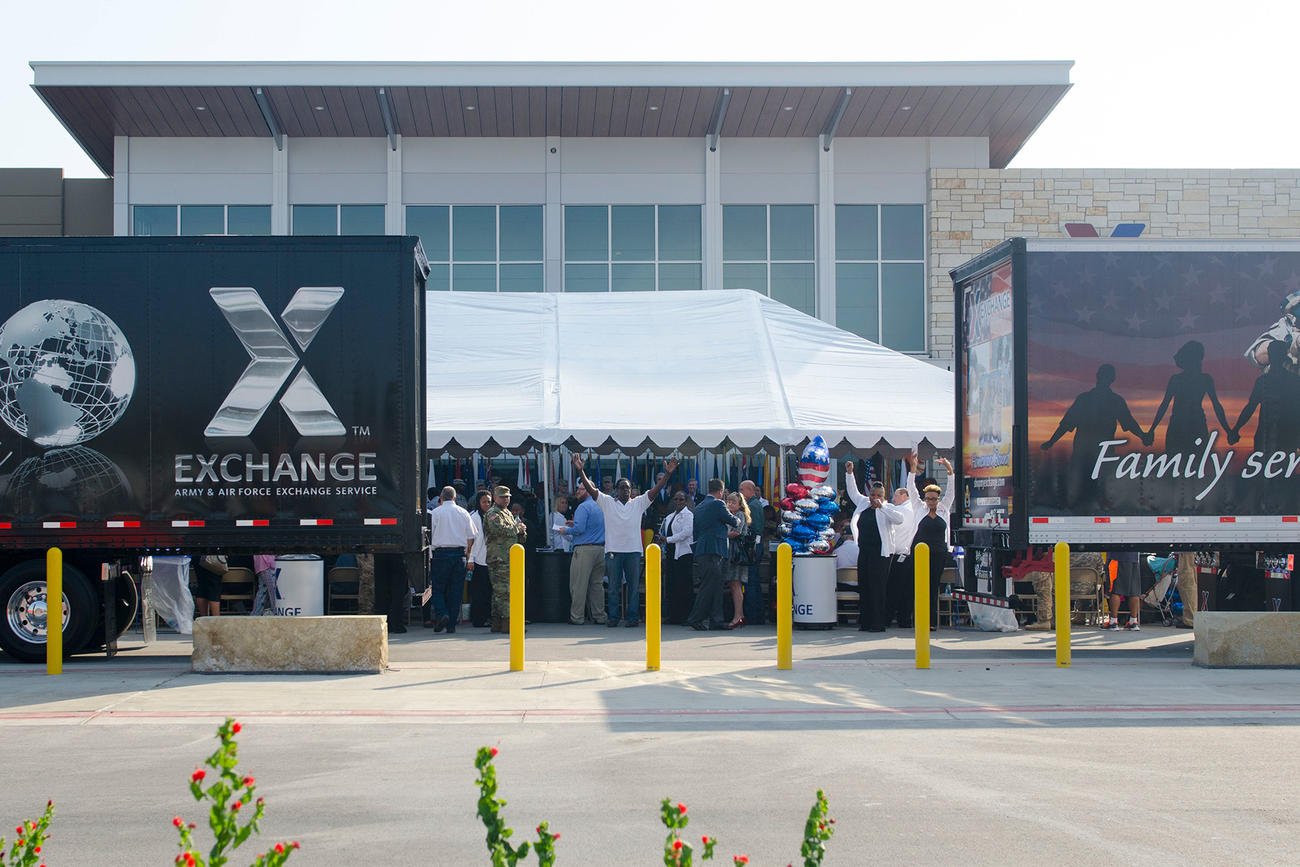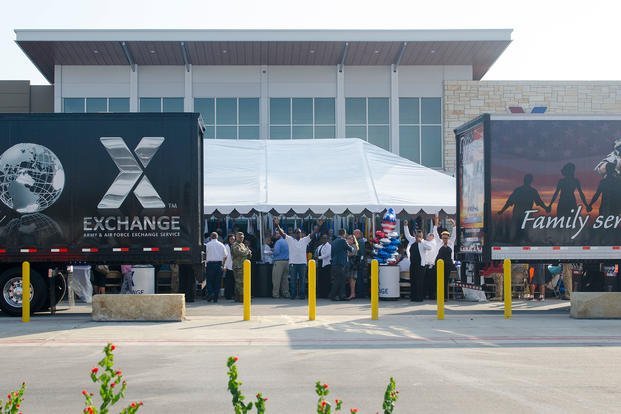
GNC, a major vitamin, health supplement and nutrient retailer, pulled a protein supplement from the shelves of its stores on military bases this month because it contained hemp seed — a banned substance for service members.
An internal GNC notification dated Sept. 12, a screenshot of which was shared on the the Air Force amn/nco/snco Facebook page this weekend, was sent asking for immediate removal of four products of Huel ready-to-drink protein shakes.
“This product should be pulled from the shelves IMMEDIATELY and HELD IN THE BACK ROOM until you receive further instructions,” the interoffice correspondence email to all GNC military stores reads. “Please note your store could have product arriving in future orders.”
Read Next: Army’s Top Enlisted Leader Removed Diversity Consideration for Top Enlisted Roles
Nicholas Sero, the director of public relations for GNC, confirmed to Military.com in an email that the memo was authentic. He added that, on Sept. 5, the GNC field team noticed the Huel products which contained hemp seed protein, “which is not permitted for use by active-duty military members” and added the retailer took “immediate action to alert and adjust.”
Hemp, which comes from the same plant as cannabis, is banned in the military, and service members who knowingly use the products can be penalized under Article 92, failure to follow orders, or Article 112a, wrongful use or possession of a controlled substance, under the Uniform Code of Military Justice.
Sero added that the formal memo was sent Sept. 12 to “ensure all stores completed the removal.” GNC currently has 87 stores on military bases, he added.
“GNC’s field team quickly identified the issue with the ingredient and acted immediately to notify stores and corporate headquarters on the day of launch,” Sero said. “As a further precaution, we issued an additional memo to ensure that all products were removed from the shelves. GNC deeply values our relationship with the military community.”
Sero added that any service members who purchased any of the products can return them for a full refund to their nearest GNC store.
This isn’t the first time GNC has pulled products at military stores. In 2013, the newspaper for Fort Jackson, South Carolina, reported that the dietary supplement Craze was taken off store shelves after studies claimed the product contained a derivative of methamphetamine.
That Army newspaper also reported that the Marine Corps pulled a dietary supplement called OxyElite Pro from shelves over fears it may have been a factor in cases of acute hepatitis and liver failure in Hawaii.
The latest incident at GNC, however, illustrates how service members are often exposed to hemp and cannabidiol, otherwise known as CBD, or even tetrahydrocannabinol, the psychoactive component of marijuana known as THC, without even knowing it.
Attitudes about marijuana, and the presence of byproducts such as hemp and CBD in retail products, have changed and grown significantly in the past decade. Most states have legalized marijuana use recreationally, medically or both. Only 10 states in the country do not allow marijuana use in any form, according to MJBizDaily, a trade publication that follows cannabis developments.
Regardless of legalization status in the state they reside in, service members are not allowed to consume marijuana or CBD and hemp products.
But amid widespread legalization of marijuana, many of the service branches have been changing their policies.
In 2022, Air Force officials began trying out a THC pilot program that would allow an otherwise perfect recruit who tests positive for marijuana the opportunity to retest before joining the ranks. Earlier this year, Military.com reported that the Navy was no longer removing recruits from boot camp if they showed up with detectable amounts of marijuana in their system.
Lawmakers are also open to changes. In May, a provision in the House’s version of the annual defense policy bill would stop marijuana testing for recruits seeking to join the military. The final version still needs to be hammered out between the House and the Senate before the policy becomes law.
In May, President Joe Biden’s administration also aimed to reclassify marijuana as a less risky and dangerous drug on the federal government’s list of controlled substances — although such a move would likely not change much for veterans or service members, Military.com previously reported.
Related: Marijuana Reclassification Unlikely to Mean Any Changes for Troops and Veterans, at Least for Now


















